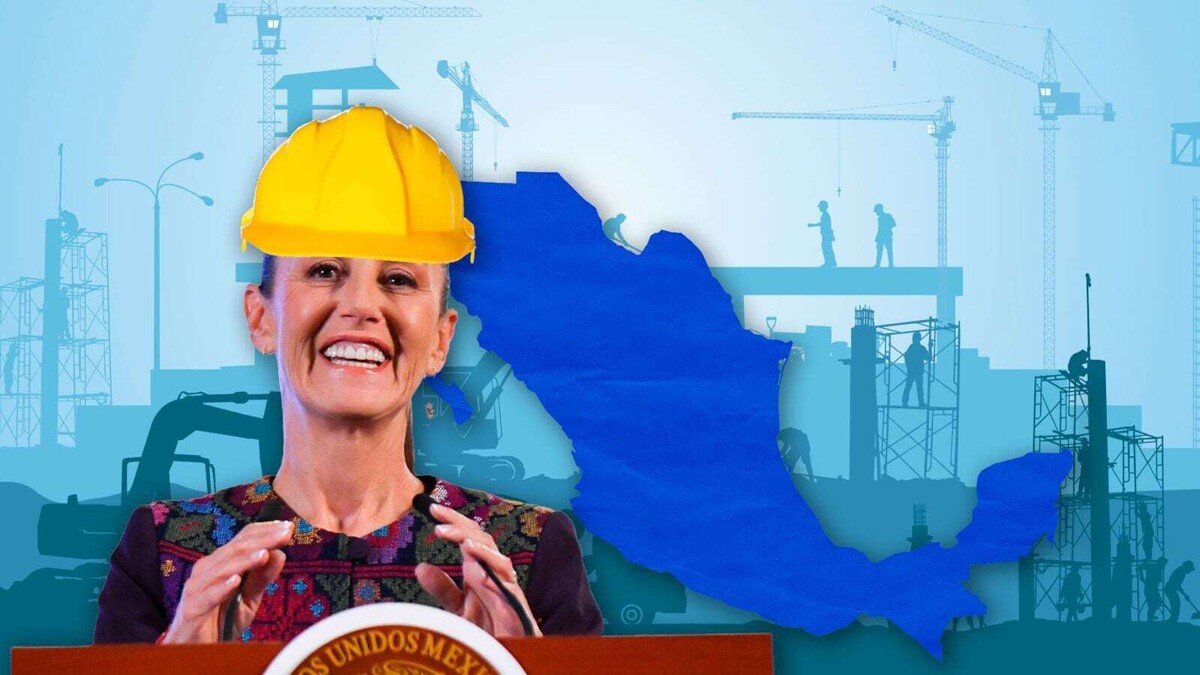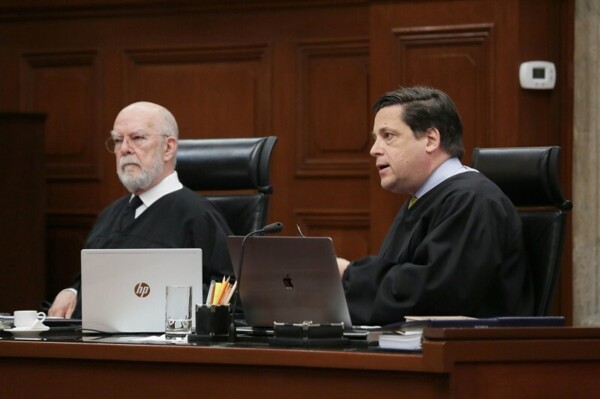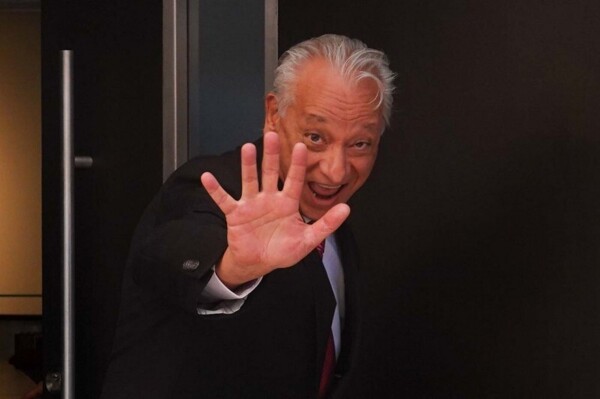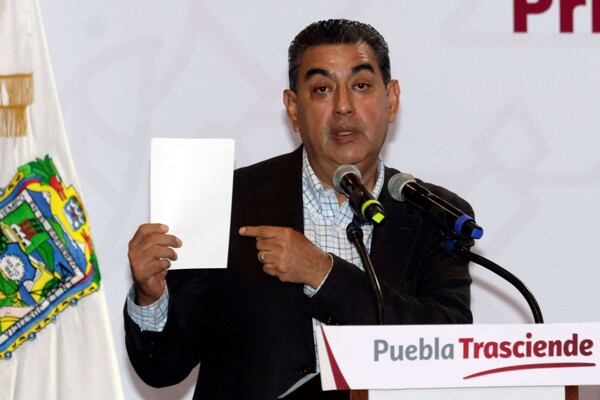
The current government is under scrutiny in its first hundred days, compared to the previous administration for its empty rhetoric and lack of substance. While various programs have been announced in sectors such as energy, agriculture, and housing, they lack details on financing and viability, limiting themselves to good intentions without solid foundations.
The president has the opportunity to establish a new approach as a woman leading the Executive, but seems to follow the example of her predecessor, relying on daily press conferences and questionable data to justify the past management. Insecurity has worsened with a change in strategy, generating concern in various regions until improvements are observed.
Claudia Sheinbaum has stood out for implementing a strategy to combat crime and limit the power of drug cartels. Public safety is a crucial issue for citizens and a priority for the new government. Additionally, a public spending policy continues to expand social programs, although this increases national debt.
The populism at play poses a considerable economic risk, as increasing public spending without tax reform could trigger a financial crisis. The lack of fiscal discipline joins a controversial judicial reform that calls into question the separation of powers and democracy, causing uncertainty about the future of the country.
With barely a month in power, the current government faces challenges in financial and economic matters, while investors closely watch whether the promised commitments will be met. The lack of collaboration with the private sector in key programs such as energy, housing, and agriculture represents an obstacle to achieving the set goals.
In this scenario, it is crucial for the government to establish partnerships with the private sector to strengthen productivity and create formal, well-paid jobs. Current decisions show an unclear direction, giving the impression that structural problems will persist if significant changes in government management are not implemented.














